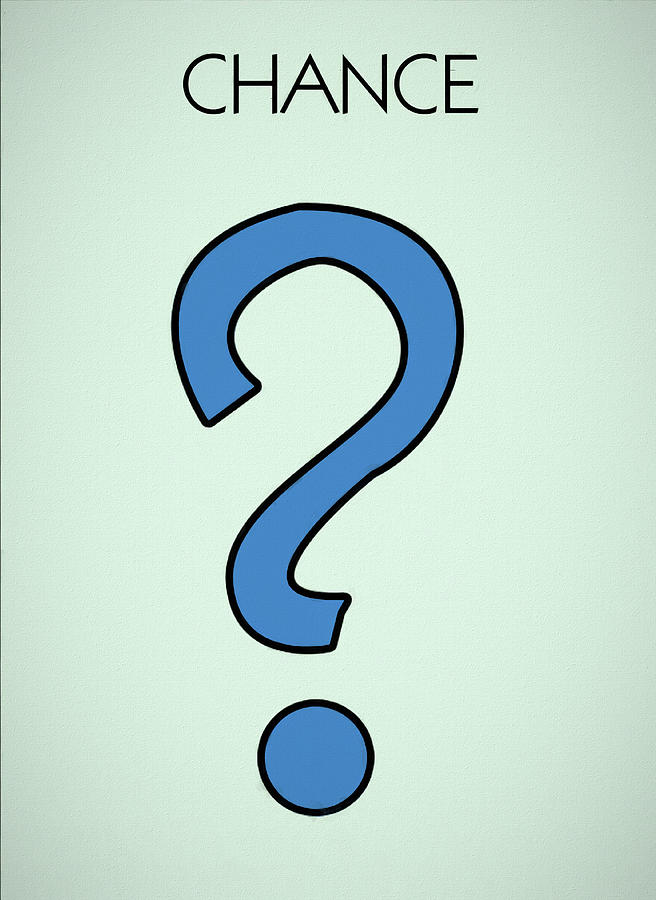
The game was so popular that people couldn't get enough of it, and Parker Brothers soon became interested. When the popularity of Monopoly soared, Darrow's business zeal paid dividends. Undaunted, Darrow decided to create and market the game himself. His concept was rejected by the corporation because it thought the game was too complex and didn't have enough market appeal. But in 1934, he contacted the Parker Brothers gaming firm as demand increased. Additionally, he popularized the idea of "Monopoly money," which sped up transactions and made the game more approachable.ĭarrow first made his game sets by hand and sold them locally. Time travel dates to the 1930s, when Charles Darrow, an unemployed heating engineer, decided to develop his adaptation of "The Landlord's Game." Darrow made several changes to the original, such as renaming the properties after streets in Atlantic City and placing eye-catching artwork on the board. Over time, the game continued to change, with different groups playing various iterations and permutations. However, it developed a following among Quakers and left-leaning intellectuals who valued its critique of capitalism. Magie patented her game in 1904, but it had trouble becoming a popular product. Along with chance components like "Jail" and "Go to Jail" spaces, the game also had a circular track that allowed players to circle the board again. Players could purchase and sell real estate, construct homes and hotels, and collect rent from rivals who landed on their lands. The board in "The Landlord's Game" was square and had a grid of spots on it, each of which was a distinct property. As a form of political protest, Magie made the game to demonstrate the negative impacts of land monopolies and the concentration of wealth in the hands of a select few. The antecedent of the game, "The Landlord's Game," was created in 1903 by American author and game designer Elizabeth Magie.

The first decades of the 20th century are when Monopoly first appeared. But how was this well-liked game created? Come with me for a tour of the interesting past of Monopoly. Its appeal has spread across decades and countries and is credited to the game's intriguing combination of strategy, good fortune, and fierce rivalry.


Unquestionably, one of the most recognizable board games of all time is Monopoly.


 0 kommentar(er)
0 kommentar(er)
